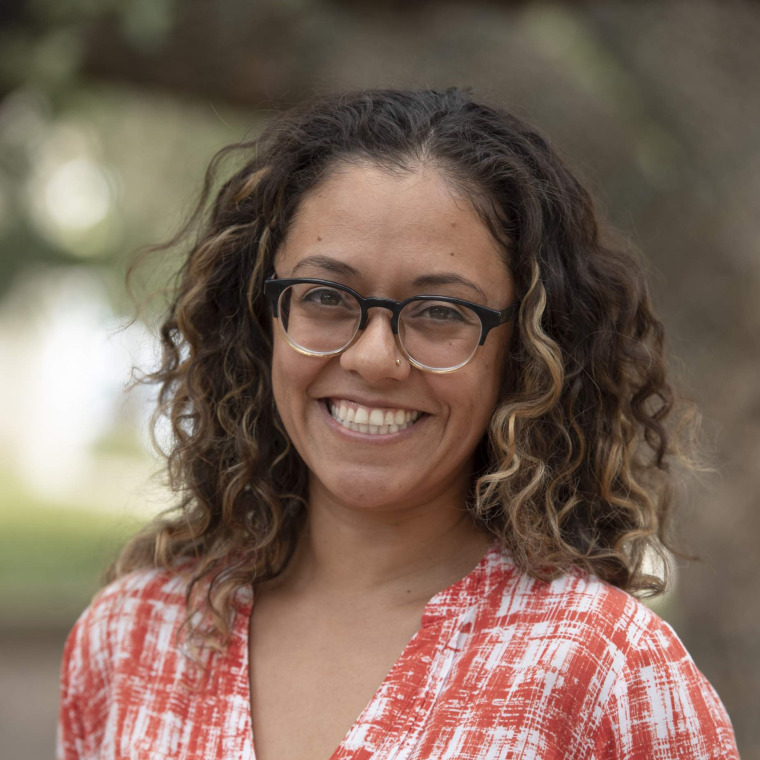Norma Perez-Brena, Ph.D.

McClelland Park 235G
650 N Park Ave
Tucson, Arizona 85721-0078
Documents
Dr. Norma Perez-Brena is an Associate Professor of Family Studies and Human Development in the Norton School of Ecology at the University of Arizona. She holds a B.A. in Psychology and M.A. in Developmental Psychology from San Francisco State University, and a Ph.D in Family and Human Development from Arizona State University. She is a first-generation immigrant from Mexico. She is passionate about mentoring students and empowering communities in support of promoting equity, inclusion, and justice.
Latinx adolescent and young adult development
Family and cultural processes
Sociocultural contexts of risk and resilience
Culturally responsive program design and evaluation
Dr. Perez-Brena's primary interests lie in understanding the combination of social (e.g., income, education), cultural (e.g., values, norms, acculturation, language use), and personal (e.g., self-esteem, conflict management skills) characteristics that promote Latinx adolescent and young adult adjustment during key developmental and family transitions. Her work is centered on two key areas: the negotiation of family relationships across development (e.g., parent-child, romantic partners), and the impacts of culture across the life-span.
Dr. Perez-Brena has experience in conducting quantitative and qualitative longitudinal research. She also has nearly 10 years of applied research experience, serving as Director of Evaluation for a large southwest non-profit organization, and as Director of a coparenting, relationship, and life skills education program serving adolescent parents.
Strengthening Relationships/Strengthening Families
This randomized control trial assessed the impacts of a strengths-based culturally responsive intervention serving Latinx pregnant and parenting adolescents. In addition, this longitudinal study assessed the role of culture and family in informing changes in romantic, parenting, and coparenting relationship dynamics during youths' early transition into parenthood. PIs: Norma Perez-Brena & Michelle Toews, Co-I: Mark Feinberg. Funder: DHHS
The ALCANCE Project
This longitudinal study (a) qualitatively and quantitatively examined how Latinx adolescent students identify with their academics (i.e., academic identity) and (b) examines academic identity as the potential mechanism linking sources of academic support/socialization, school belonging, and academic achievement among Latinx youth during the transition into middle school. PI: Melissa Delgado. Funder: Greater Texas Foundation
Juntos (Together): Families Raising Successful Teens Project
This 8-year longitudinal study of mothers, fathers, and adolescent sibling pairs in 246 Mexican-origin families to examined family and cultural socialization processes that support youth during the transitions from early to late adolescence, and from late adolescence into young adulthood. PIs: Kimberly Updegraff, Adriana Umaña-Taylor, & Susan McHale. Funder: NICHD

